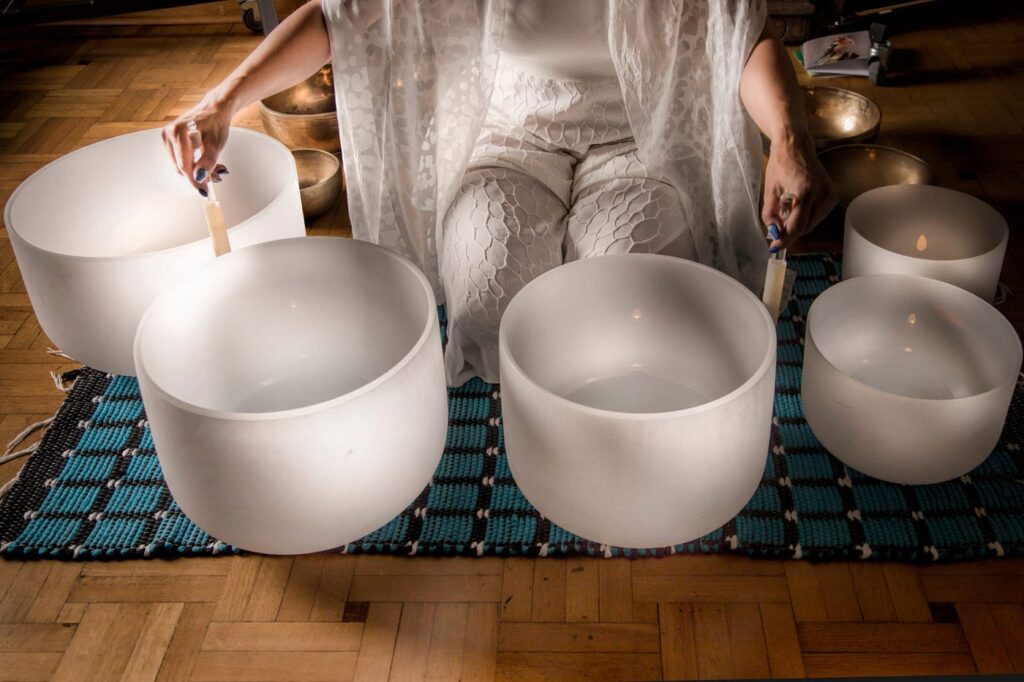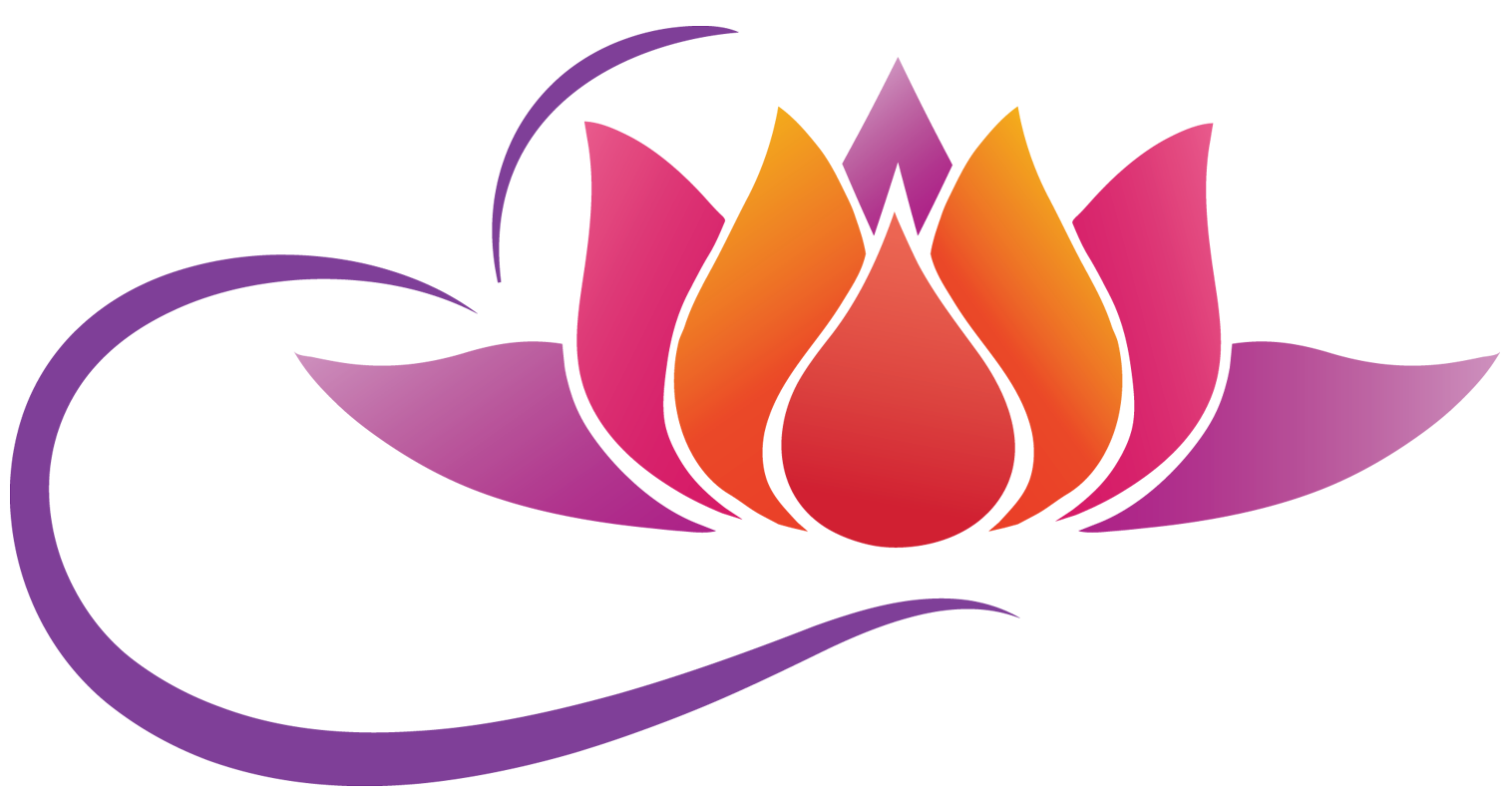We would love to hear from you! Please use this contact us form to reach out to us.

Frequently Asked Questions About Sound Healing
Sound immersion healing, also known as sound therapy or sound bath, is a holistic practice that uses sound frequencies to promote relaxation, balance, and healing. Here are some frequently asked questions (FAQs) about sound immersion healing:
1. What is sound immersion healing?
Sound immersion healing is a therapeutic practice that uses instruments like singing bowls, gongs, tuning forks, drums, or voice to create soothing sound frequencies. These vibrations are believed to help relax the mind, balance energy, and promote physical and emotional well-being.
2. How does sound healing work?
Sound healing works on the principle that everything in the universe, including our bodies, vibrates at specific frequencies. When the body is out of balance due to stress, illness, or emotional distress, sound therapy uses specific frequencies to “tune” the body back to its natural state, promoting relaxation and healing.
3. What are the benefits of sound immersion healing?
Common benefits include:
- Deep relaxation and stress reduction
- Improved sleep quality
- Enhanced mental clarity and focus
- Emotional release and balance
- Pain relief and physical healing
- Increased energy flow and chakra balancing
4. What instruments are used in sound healing?
Popular instruments include:
- Singing bowls (Tibetan or crystal)
- Gongs
- Tuning forks
- Drums (e.g., frame drums or handpan)
- Voice (chanting, toning, or overtone singing)
- Wind chimes or bells
5. Do I need to have musical experience to benefit from sound healing?
No, you don’t need any musical experience. Sound healing is a passive experience where you simply relax and allow the sounds and vibrations to work on your body and mind.
6. What happens during a sound bath?
During a sound bath, you typically lie down or sit comfortably while a practitioner plays various instruments. The sounds and vibrations wash over you, creating a meditative and immersive experience. Many people report feeling deeply relaxed, experiencing visualizations, or entering a meditative state.
7. Is sound healing scientifically proven?
While sound healing is rooted in ancient traditions and anecdotal evidence, scientific research is still emerging. Some studies suggest that sound therapy can reduce stress, lower blood pressure, and improve mood. However, more research is needed to fully understand its mechanisms and benefits.
8. Can sound healing replace traditional medical treatment?
No, sound healing is a complementary therapy and should not replace traditional medical treatment. It can be used alongside conventional medicine to support overall well-being.
9. Who can benefit from sound healing?
Almost anyone can benefit from sound healing, including:
- People experiencing stress or anxiety
- Those with sleep disorders
- Individuals seeking emotional release or spiritual growth
- Anyone looking for relaxation and mindfulness
10. Are there any side effects of sound healing?
Sound healing is generally safe, but some people may experience:
- Emotional release (e.g., crying or laughter)
- Temporary dizziness or lightheadedness
- Heightened sensitivity to sound
If you have a sound sensitivity or medical condition, consult a practitioner before participating.
11. How long does a sound healing session last?
Sessions typically last between 30 minutes to an hour, depending on the practitioner and the type of session.
12. Can I practice sound healing at home?
Yes, you can practice sound healing at home using instruments like singing bowls, tuning forks, or guided sound meditation recordings. However, working with a trained practitioner can provide a more tailored and immersive experience.
13. What should I wear or bring to a sound healing session?
Wear comfortable clothing and bring a yoga mat, blanket, or cushion if needed. Some sessions provide these items, so check with the practitioner beforehand.
14. How often should I participate in sound healing?
The frequency depends on your needs and goals. Some people benefit from weekly sessions, while others may only attend occasionally for relaxation or emotional support.
15. Is sound healing spiritual?
Sound healing can be spiritual for some people, as it often involves mindfulness, meditation, and energy work. However, it can also be approached purely as a relaxation or therapeutic practice.
If you’re new to sound immersion healing, consider trying a session with Crystal Lotus Blessings to experience its effects first-hand!
